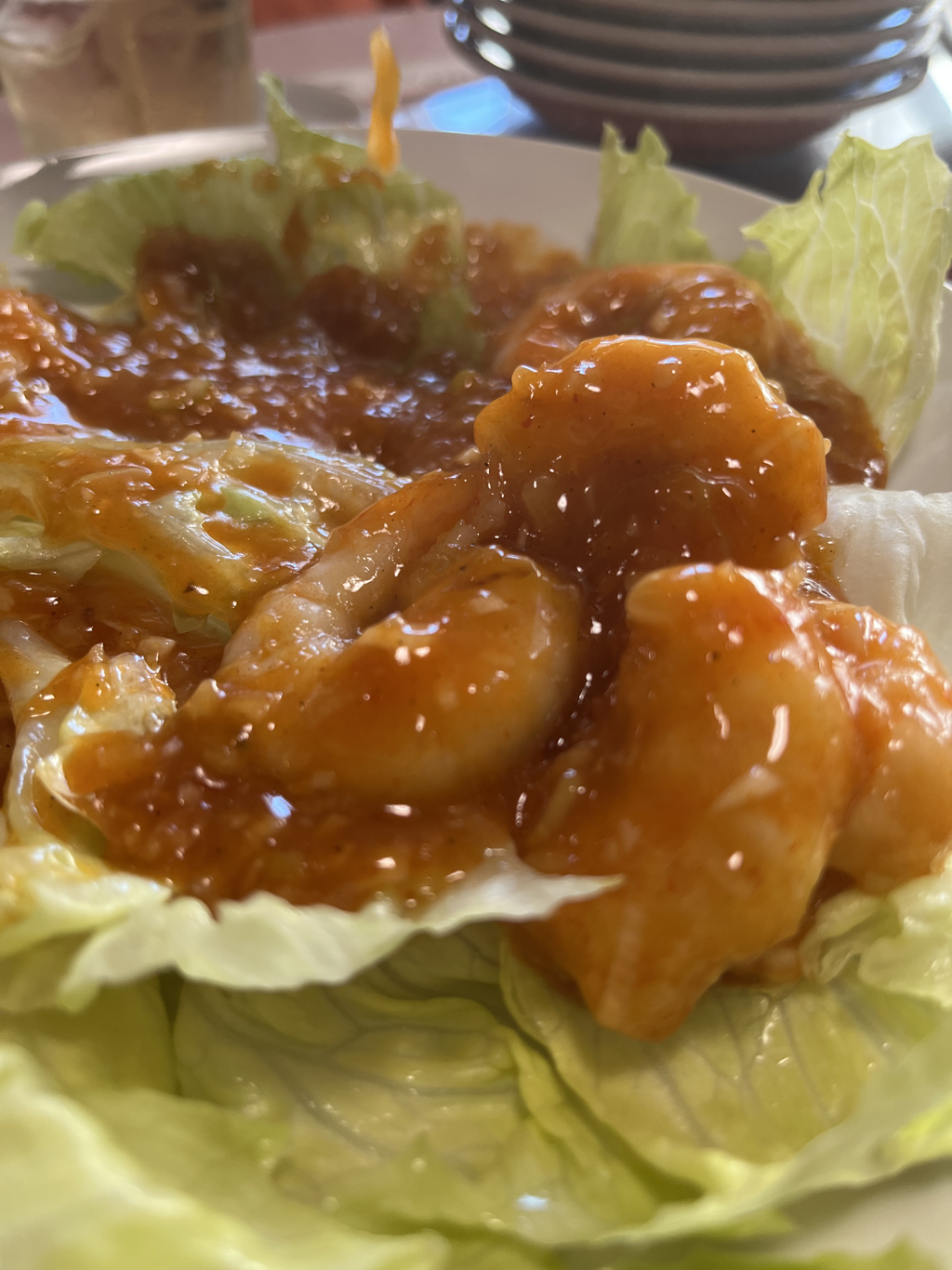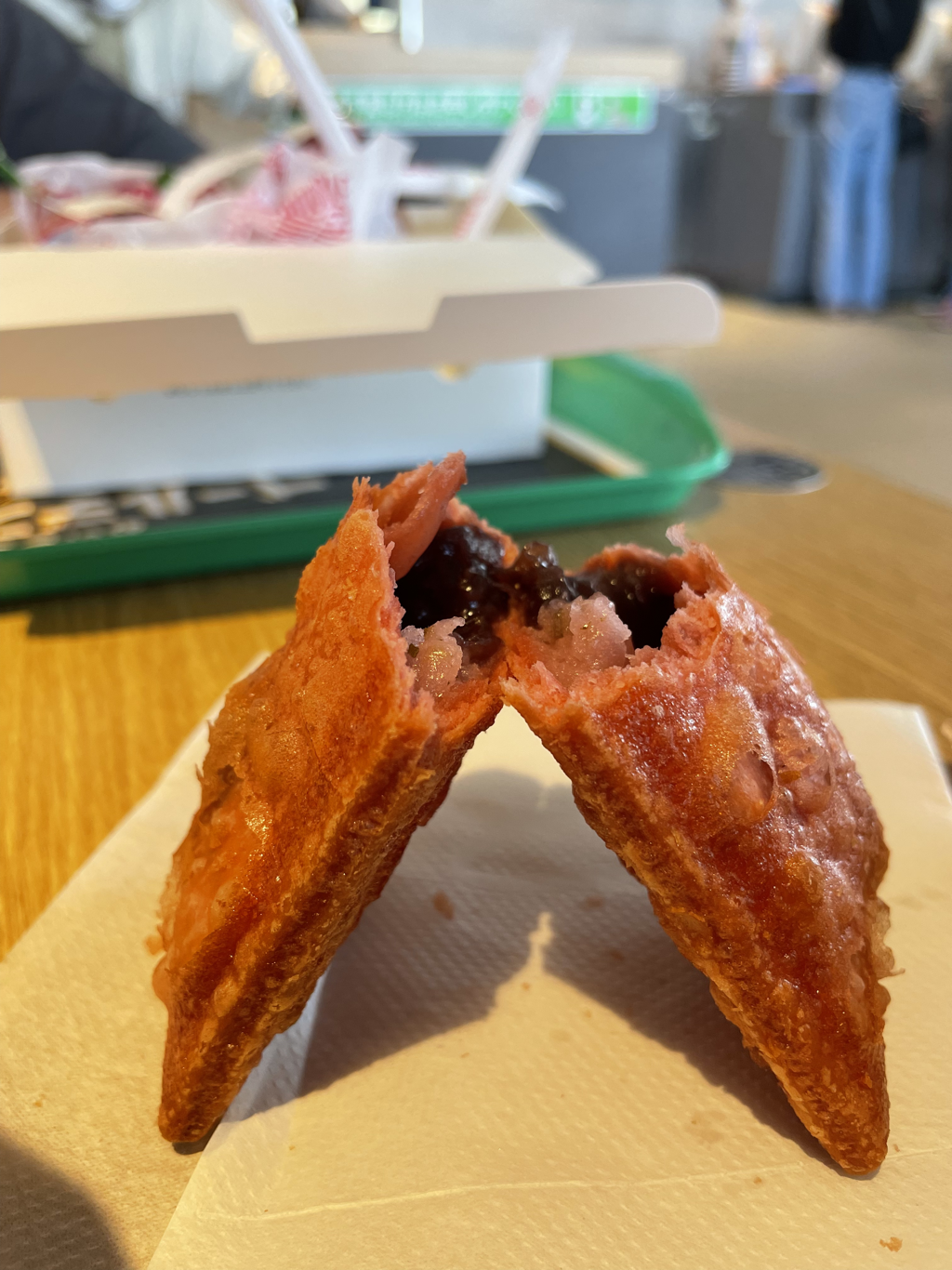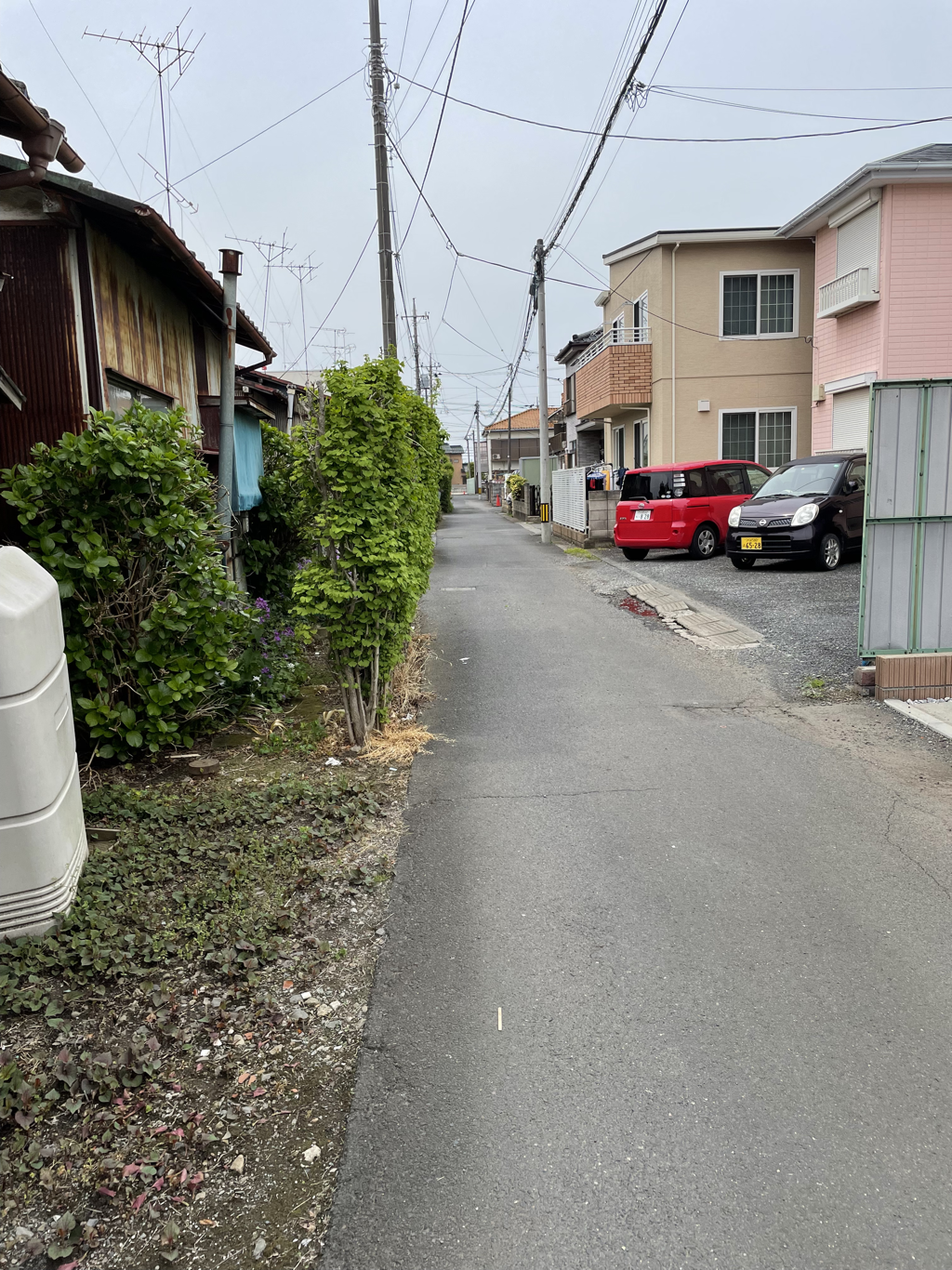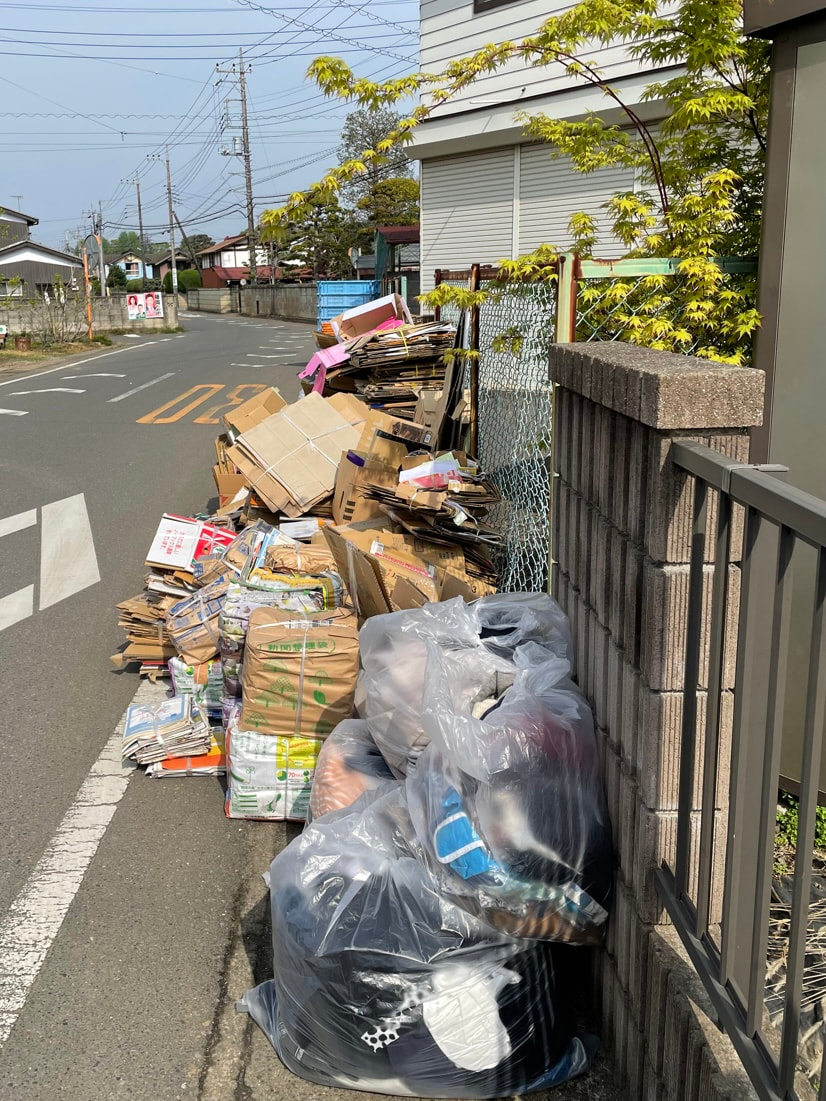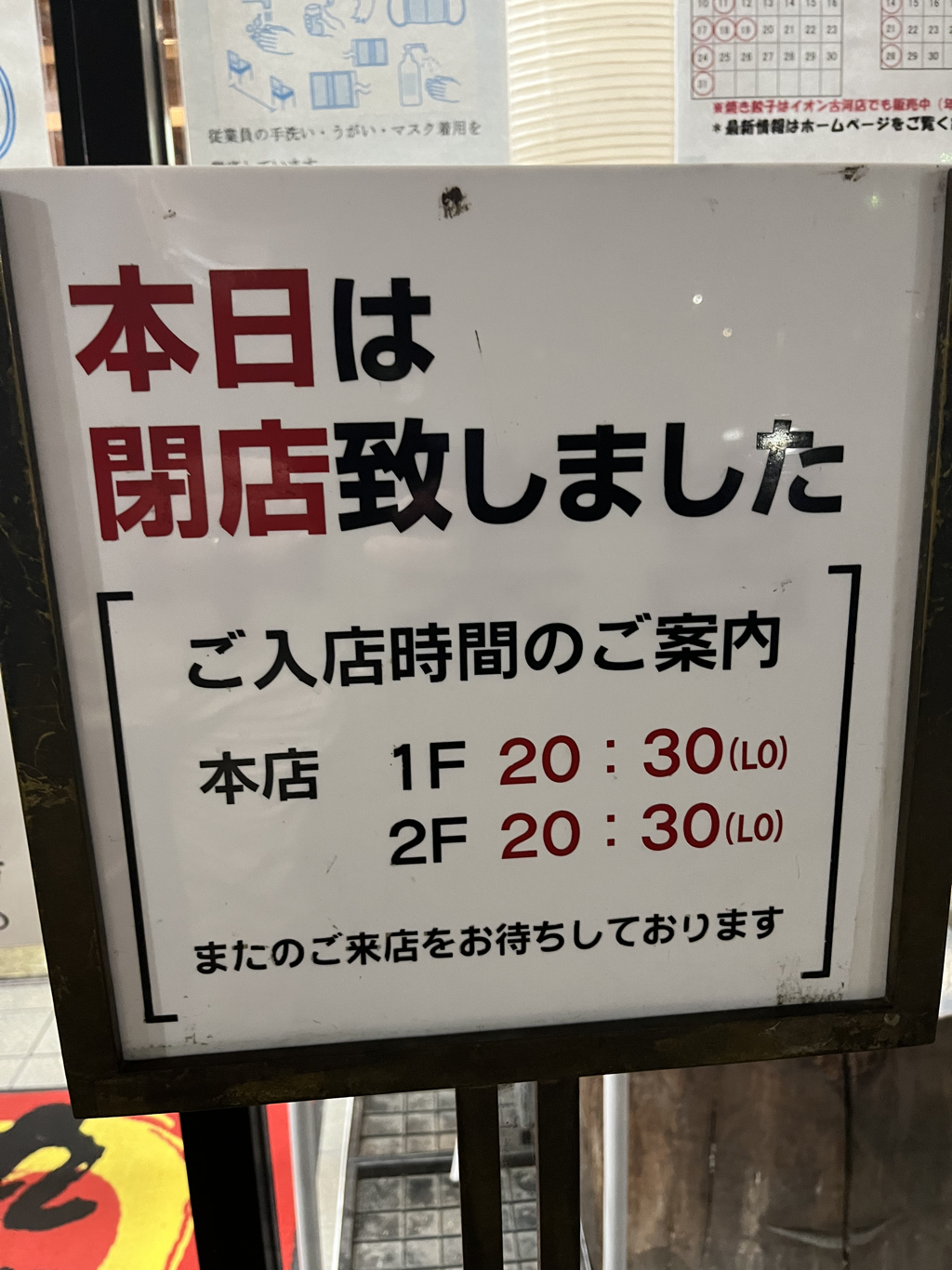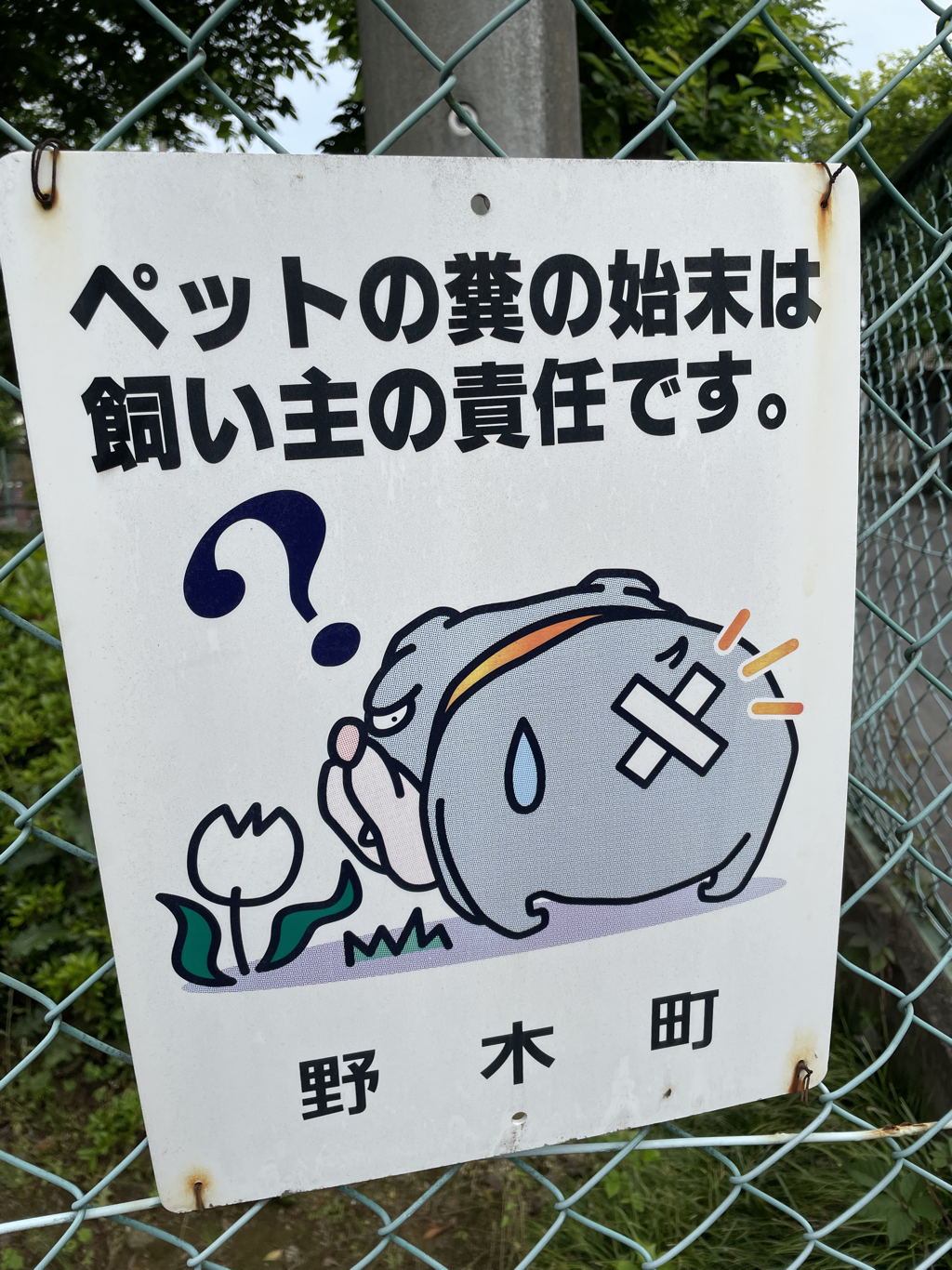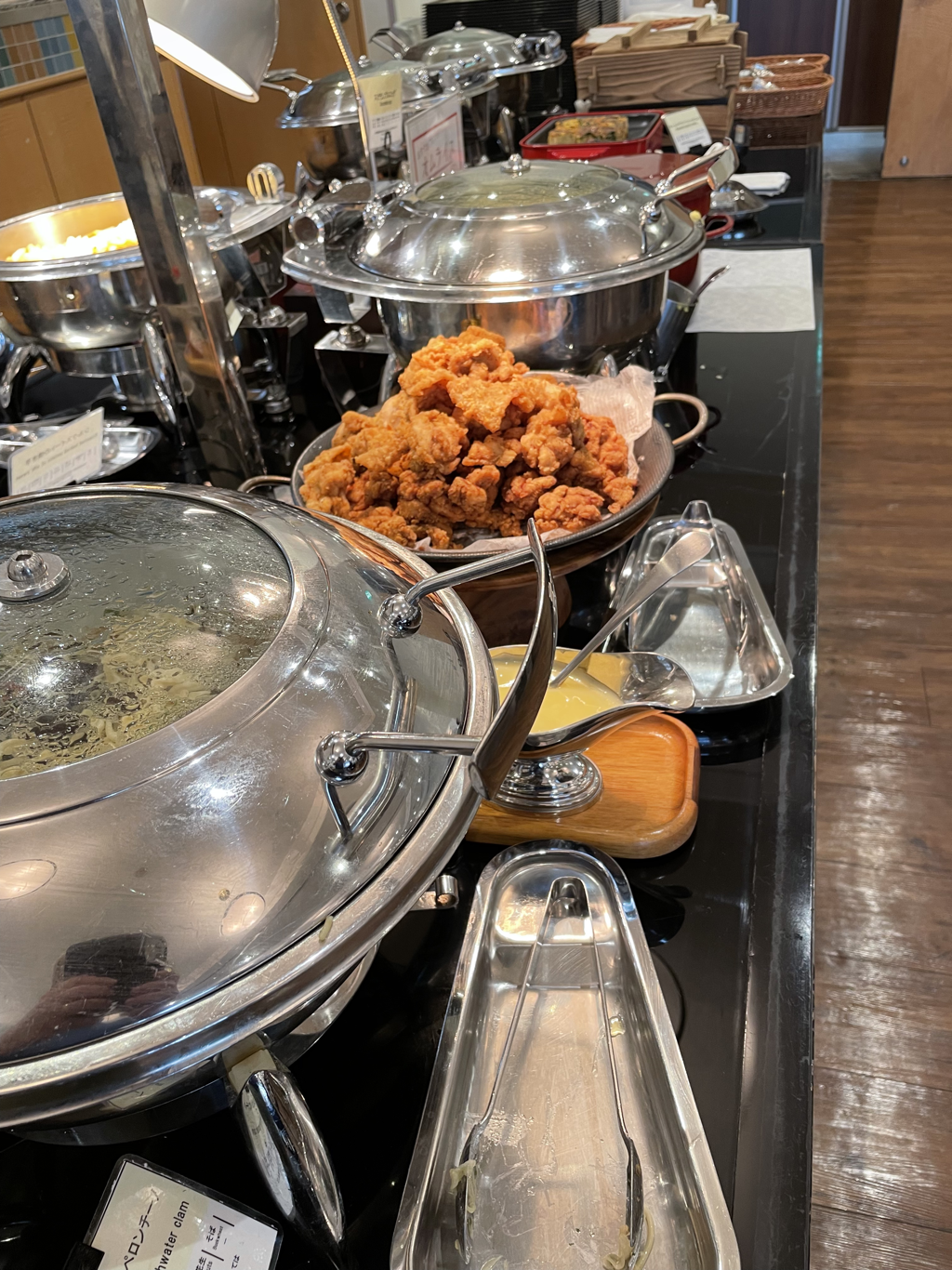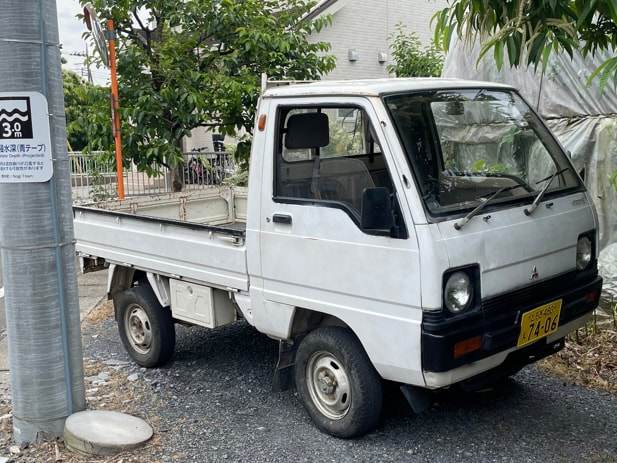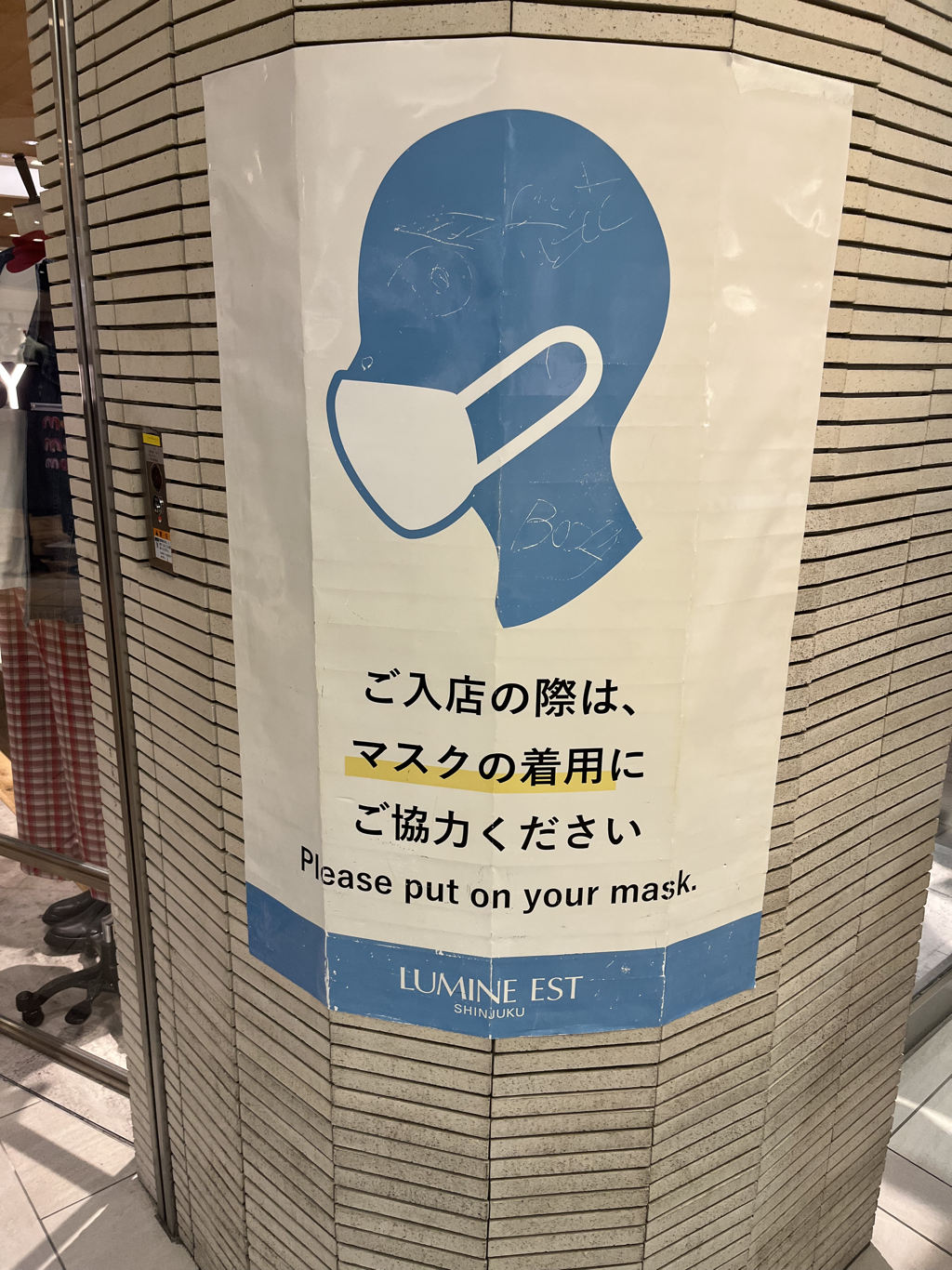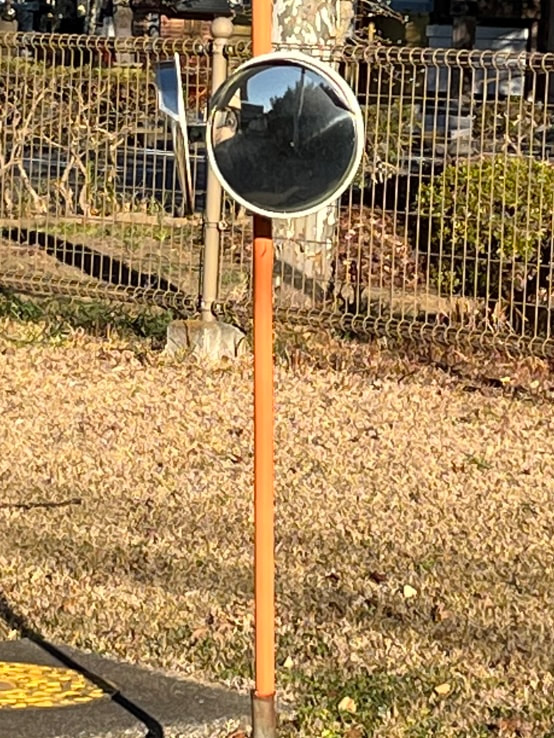Read More Japanese Travel Tips Here Every Other Week!
This is where I have collected the links to my bi-weekly blog posts about where and how to go in Japan, and how.
The Japanese school year starts in April, and this means a sudden added danger for drivers - especially those not used to conditions in Japan. The school starts at 0815, and for half an hour to 20 minutes before that, the roads are full if kids going to school.
Japanese cuisine leverages the changing seasons to the hilt. In spring, one of the delicacies appearing in traditional Japanese restaurants around February-March is the slightly bitter tempura made from the udo herb.
The narrow streets of Japanese cities make driving both difficult and dangerous as soon as you get off the main thoroughfares. While major roads are wide and straight, the back streets and lanes are hardly wide enough for one car, let alone meeting traffic.
In the early morning, Japanese roads suddenly become even more narrow than before. This is when people put out their garbage in the assigned garbage collection points. In most cities, you are not allowed to put out garbage before the morning of the collection day, and between 8 and 9, the garbage trucks come to pick it up. Covered in yellow or green nets to keep the crows away, the garbage collection points swell with disposed garbage to fill up half the narrow streets.
You do not have to ride many station away from the big urban centers of Ueno, Ikebukuro or Shinjuku before the cityscape starts breaking up with vegetable patches, soon expanding to open fields of endless rows of cabbage, carrots, and daikon. Vegetables are as important in the Japanese cuisine as rice, and every meal will contain at least pickles, if not a salad or vegetable dish.
Take a morning walk in Japan, and chances are you will meet at least one dog towing its owner about, while it goes sniffing all the interesting corners. Japan supposedly has more dogs than children, and while this is probably not true, dogs are very common among older people, to keep them alert, get some companionship, and something to do. The traditional Japanese breeds like Akita and Shiba-inu are less popular than small dogs which can fit into a small apartment, like Pomeranians, Chihuahuas, Minischnauzers, Jack Russel terriers, and toy poodles.
Now that tourists slowly may be coming back to Japan, many will be staying in hotels in and around the big destinations, and in particular in and around places like Tokyo Disney Resort (Disneyland and Disney Sea) or Osakas Universal Studios Japan.
The hotels around the destinations are even more internationalized than even other large hotels in Japan, which means they have information signs in English (English-speaking staff may occasionally be available, but this is by no means guaranteed). You are usually able to mime your way through checking in and getting to your room (the hotel staff usualy brings the luggage to the room), but breakfast is another matter.
The hotels around the destinations are even more internationalized than even other large hotels in Japan, which means they have information signs in English (English-speaking staff may occasionally be available, but this is by no means guaranteed). You are usually able to mime your way through checking in and getting to your room (the hotel staff usualy brings the luggage to the room), but breakfast is another matter.
Once you come to Japan and am able to walk or drive around the streets of Tokyo or any other Japanese city, you will notice some cars have yellow number plates. Walk around a bit more, and you see that these cars are on the small side - there are SUVs in Japan which would not look lost on a Colorado suburban street, but they do not have yellow number plates. And even if there is a kind of jeep with the same yellow number plates, it (the Suzuki Jeepny) is really small for a Jeep, with tires that are narrow enough for a motorcycle.
When the emperor appeared maskless at the funeral of queen Elisabeth, this was headline news in Japanese newspapers. And the only people I saw without masks during a recent visit to Tokyo were a group of Russian tourists and a couple in Kabukicho, but they were kissing. But now that the COVID-19 pandemic is slowly abating, you will not be required to wear a mask in Japan any more. Right?
When you are driving in Japan, your view is obscured and it becomes difficult to see what is approaching on the intersecting streets. This us just one of the problems you will meet when you are driving in Japan, but there is a solution: Traffic mirrors.
